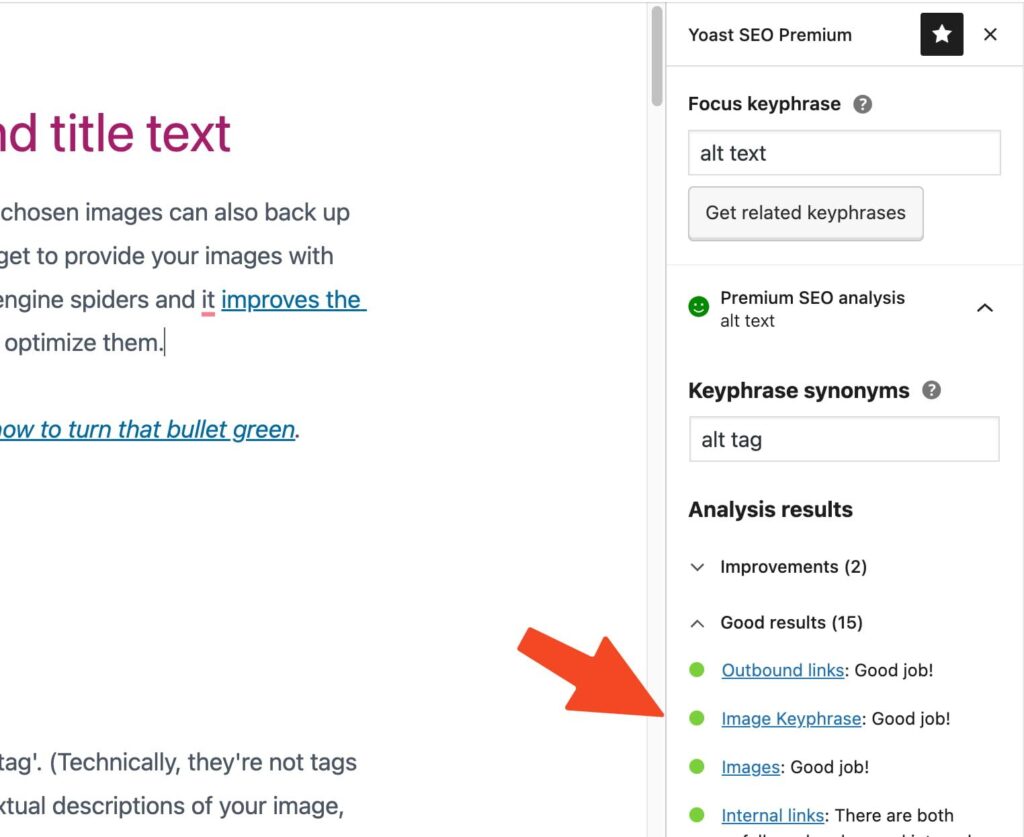Unraveling the Complex Diplomatic Landscape Surrounding President Touadéra in the Central African Republic
Positioned at a strategic crossroads in Central Africa, the Central African Republic (CAR) has increasingly become a focal point of international scrutiny due to a labyrinthine network of alleged diplomats and advisors linked to President Faustin-Archange Touadéra’s government. After enduring decades marked by conflict and political instability, CAR now faces new hurdles as questions arise about the legitimacy and intentions of those operating within its leadership circle. A multifaceted web involving foreign actors-including private military contractors and self-styled envoys from diverse countries-has emerged, casting doubt on CAR’s governance structures and diplomatic engagements. This article explores how this expanding nexus could shape not only CAR’s trajectory but also influence broader geopolitical dynamics across Central Africa.
Dissecting the Diplomatic Actors Influencing President Touadéra
The diplomatic sphere surrounding President Touadéra has become increasingly intricate, populated by numerous individuals claiming diplomatic status without clear authorization or official recognition under CAR’s political framework. While some genuinely represent formal diplomatic interests, many operate in ambiguous roles that blur traditional lines between official state diplomacy and informal influence networks. This shadowy group includes:
- Western representatives aiming to secure strategic alliances through engagement with local power holders.
- Private security operatives posing as diplomats, leveraging military connections for personal gain.
- Political advisors with unclear affiliations, often acting as intermediaries for external agendas.
This covert coalition complicates policy-making processes while raising significant concerns about sovereignty erosion. Insider accounts reveal these actors have established secretive relationships that may distort governmental decisions. The consequences are profound, manifesting as:
| Impact | Description |
|---|---|
| Bent Policy Priorities | Governmental decisions influenced more by foreign interests than national needs. |
| Entrenched Corruption | Diversion of public resources benefiting select individuals tied to these networks. |
| Deteriorating Regional Relations | Miscalculated diplomacy fueling tensions among neighboring states amid competing influences. |
The Challenges of Foreign Engagement Amid Internal Political Complexity in CAR
The convoluted diplomatic environment around President Touadéra mirrors wider challenges confronting the Central African Republic on regional and global fronts. Although officially maintaining ties with major powers such as Russia, France, China, alongside emerging players like Turkey, much of CAR’s external relations are funneled through unofficial agents wielding considerable behind-the-scenes influence. This dynamic hampers coherent foreign policy implementation while undermining governance integrity amid rival factions vying for control over state affairs.
- The Role of Global Powers: Nations including Russia-with its Wagner Group mercenaries-and France pursue vested interests via informal channels circumventing standard diplomatic protocols.
- The Influence of Armed Factions: Various militias entrenched within CAR exert leverage over political negotiations by controlling critical territories.
- Economic Interests: Rich deposits of diamonds, gold, and other minerals attract multinational corporations whose investments often clash with efforts toward transparent administration.
This volatile combination triggers unpredictable shifts impacting regional stability while intensifying humanitarian crises characterized by displacement and insecurity-factors further challenging governmental authority domestically and internationally.
According to recent United Nations data released in early 2024,C.A.R experienced an estimated 18% rise in internally displaced persons (IDPs) during 2023 alone due to ongoing conflicts exacerbated partly by these complex alliances.
Main elements shaping this environment include:
| Diplomatic Factor | Effect on International Relations |
|---|---|
| Mercenary Involvement td >< td >Undermines trust; obstructs peace negotiations; raises human rights concerns td > tr > | |

